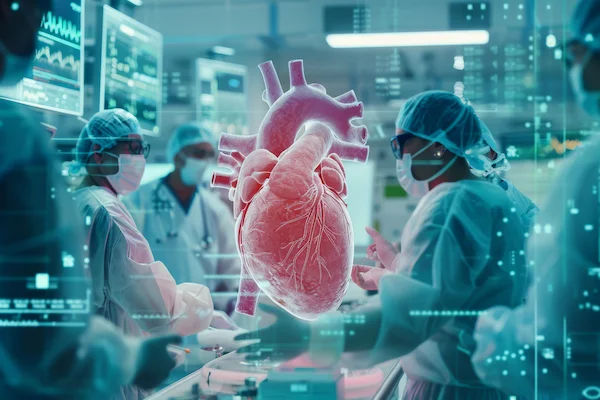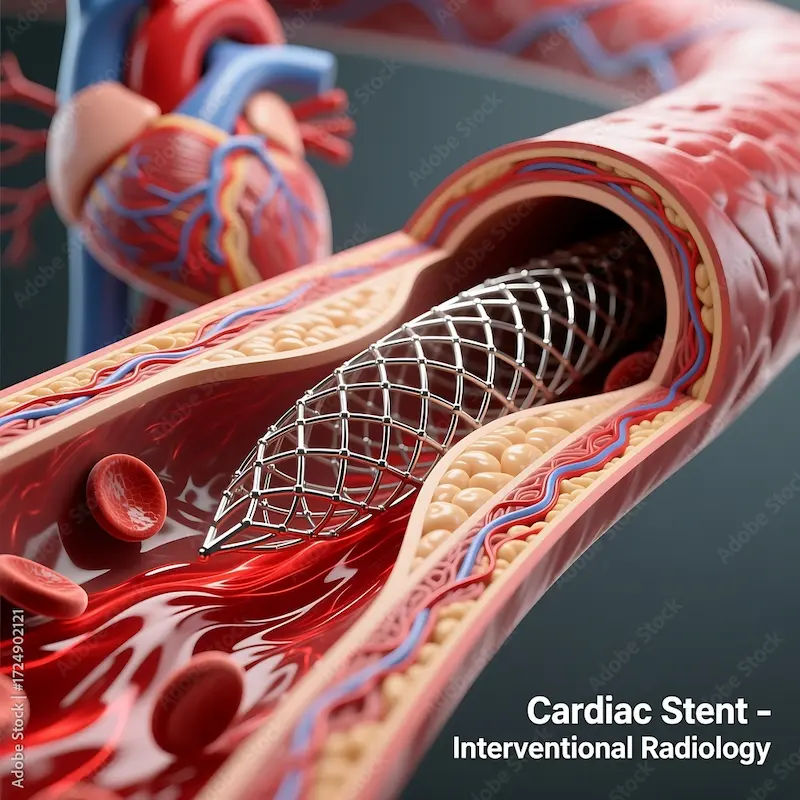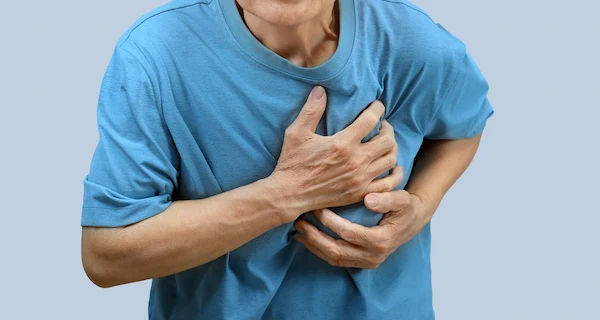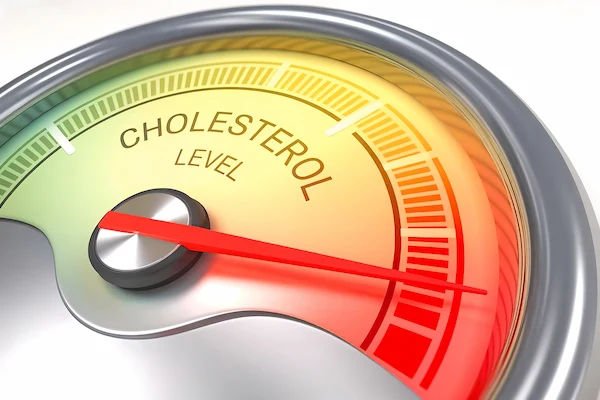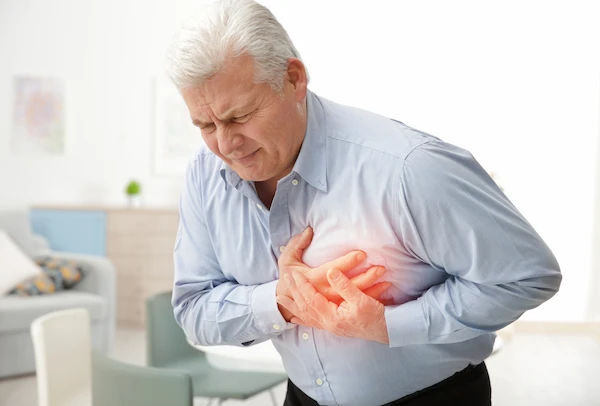- male
- 40 Years
- 22/01/2025
I'm looking at my ECG results and noticed a short PR interval of 104ms and a heart rate of 77 BPM. Is this something I should be worried about? What kind of care or steps should I take to address this?
Answered by 1 Apollo Doctors
Short pr interval probable diagnosis include sress, ectopics, junctional rhytmss,wolff-parkinsons -white syndrome (WPW) ,anxiety, etc.. A cardiologist opinion is advised..Salt restricted diet and dash diet is advised .Regular aerobic exercises is also advised to the patient..
Dr. Dhankecha Suggests...
Consult a Cardiologist
Answered 04/07/2025
0
0

More Cardiology Health Queries
View allI'm really worried about what's happening with my health. So, I had a brain stroke about 2 months ago, and my doctor recommended getting an Echo cardiogram. The test showed something called "Reduced diastolic compliance". I'm not sure what this means. Is this something serious? Should I be really concerned about it?
This means that the heart is having difficulty relaxing and filling with blood during the resting phase of the cardiac cycle. This condition can lead to symptoms such as shortness of breath, fatigue, and fluid retention. To improve diastolic compliance, the doctor may prescribe medications such as ACE inhibitors like Lisinopril at a dosage of 10-20mg daily. Additionally, Beta-blockers like Metoprolol at a dosage of 25-50mg daily may also be recommended. It is important to follow up with the doctor regularly to monitor and manage this condition.
Answered by 1 Apollo Doctors
Why does my chest feel heavy?
It could be because of various reasons like anxiety, GERD, Muscle strain or Heart diseases
Answered by 1 Apollo Doctors
I've recently found out that my cholesterol is really high, around 280, and my triglycerides are up there too. I'm kind of worried and wondering if there's a natural way to bring those numbers down. What would you suggest?
To help reduce high cholesterol and triglyceride levels naturally, you can try the following: 1. Eat a healthy diet low in saturated fats and cholesterol. Include plenty of fruits, vegetables, whole grains, and lean proteins. 2. Exercise regularly to help lower cholesterol levels and improve overall heart health. 3. Maintain a healthy weight to reduce cholesterol and triglyceride levels. 4. Limit alcohol consumption and avoid smoking. 5. Consider incorporating foods rich in omega-3 fatty acids such as fatty fish, flaxseeds, and walnuts into your diet. 6. Talk to your doctor about possibly taking supplements like fish oil or plant sterols to help lower cholesterol levels. If these lifestyle changes are not enough to lower your cholesterol and triglyceride levels, your doctor may prescribe medications such as Atorvastatin (Lipitor) or Simvastatin (Zocor) to help manage your levels.
Answered by 1 Apollo Doctors
Disclaimer: Answers on Apollo 247 are not intended to replace your doctor advice. Always seek help of a professional doctor in case of an medical emergency or ailment.

